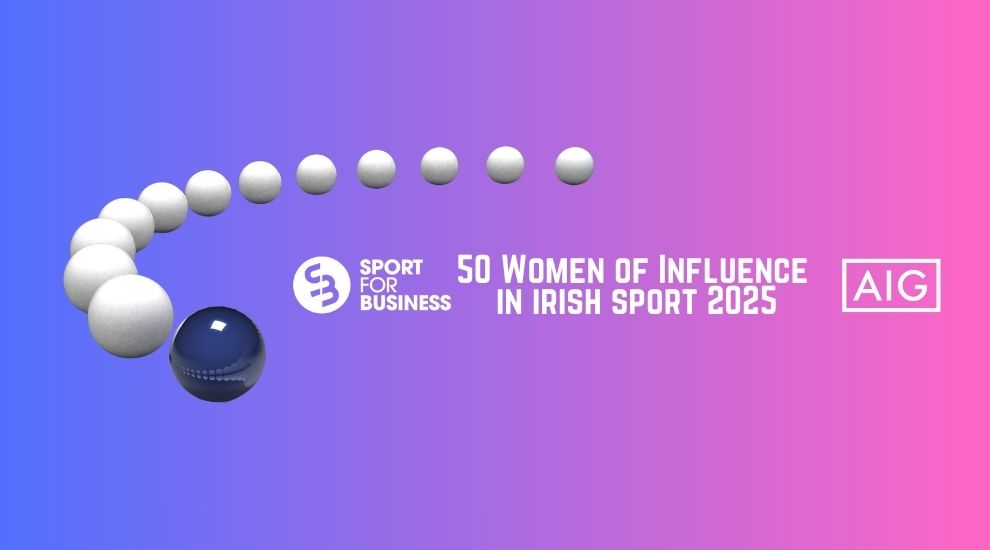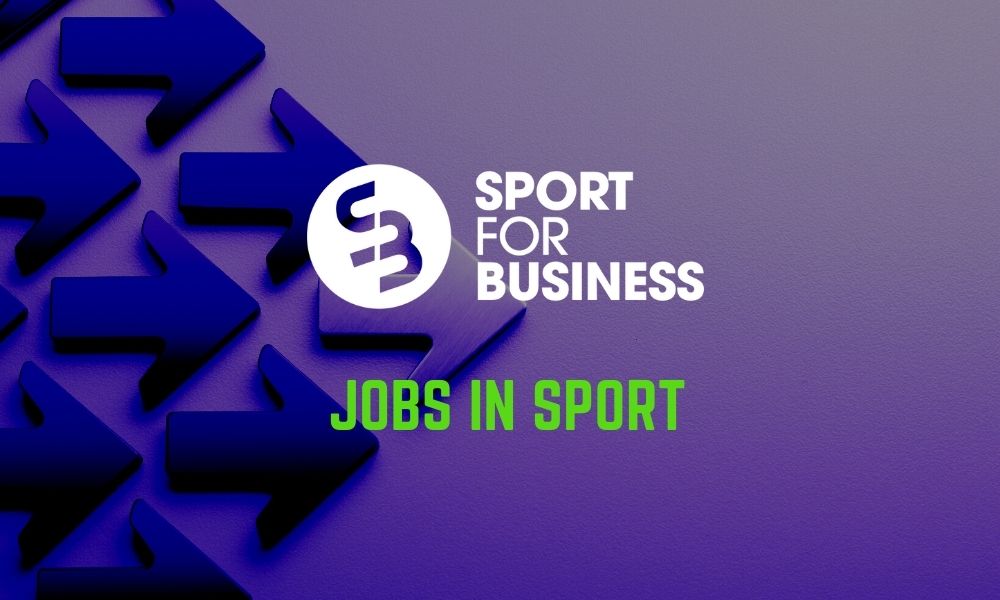The sporting landscape for women and girls in Ireland has undergone a dramatic transformation, but maintaining this momentum requires ongoing investment, strategic vision, and cultural change. In this illuminating conversation, Michelle Tanner – Chair of Sport Ireland’s Women in Sport Committee and Head of Sport at Trinity College Dublin – takes us through the journey that’s reshaping Irish sport from grassroots to governance.
Michelle shares her formative experiences growing up in North Dublin, where community-based sporting activities shaped her understanding of leadership and teamwork. From teaching herself camogie alongside her daughter to coaching volleyball teams, her journey mirrors the evolving relationship between women and sport in Ireland. As she puts it: “I just always knew that I wanted to work in sport, at a time when it wasn’t recognised as a profession.”
The recent announcement of an additional €4 million in government funding marks twenty years of dedicated investment in women’s sport initiatives. While celebrating this milestone, Michelle highlights how the focus has matured from simply encouraging participation to building sustainable pathways for women’s involvement as coaches, officials, and leaders. “We need to be looking at how we can sustain those programs,” she emphasises, “because we can’t take a foot off the pedal when it comes to funding for women and girls.”
At Trinity College, Michelle oversees a thriving sports program engaging 60% of the university’s 22,000 students. This environment serves as a proving ground for female leadership, with women increasingly taking on key roles within clubs, not just in traditional administrative positions, but also as performance directors and coaches. These experiences cultivate the confidence and skills needed to challenge persistent barriers in the broader sporting sector.
Despite significant progress in both grassroots participation and board-level representation, Michelle acknowledges that challenges remain, particularly in coaching and middle management. She advocates for “male allyship” and systemic changes to create truly inclusive sporting cultures where gender diversity becomes the norm rather than the exception.
Join us for this thought-provoking discussion on how strategic investment, cultural shifts, and dedicated leadership are transforming women’s sport in Ireland – and what’s needed to ensure this progress continues for generations to come.
From the Sport for Business Podcast archive
Further Reading for Sport for Business members:
Check out more of our Sport for Business coverage of Women in Sport
SPORT FOR BUSINESS PERSPECTIVE
The participation gap is narrowing at younger age groups, and in leadership positions at the top of sporting organisations. The job is far from done though and coaching remains a particular challenge
WHAT’S UP NEXT?
Sport for Business is in planning for major events bringing together leaders in Irish Sport and Business across a range of subjects in the second half of the year. Our 12th Annual Women in Sport Conference, in partnership with Lidl is among them for November.
Express Your Interest in a Sport for Business Event Here
MEMBERSHIP AND EVENTS
Sport Ireland, Trinity College Dublin and all the leading sporting and business organisations in and around the world of sport are among the 300+ members of the Sport for Business community, which includes all of the leading sports and sponsors, as well as commercial and state agencies, individuals interested in our world, and an increasing number from beyond these shores taking a keen interest in Ireland.
Find out more about becoming a member today.
Get the full benefit of a Sport for Business membership by joining us at one of our upcoming events, where sporting and business leadership come together.
Or sign up for our twice-daily bulletins to get a flavour of the material we cover.
Sign up for our News Bulletins here.





























